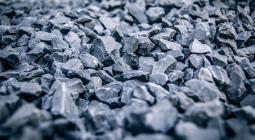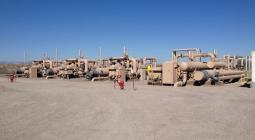These smokeless, energy-efficient stoves are saving lives and trees
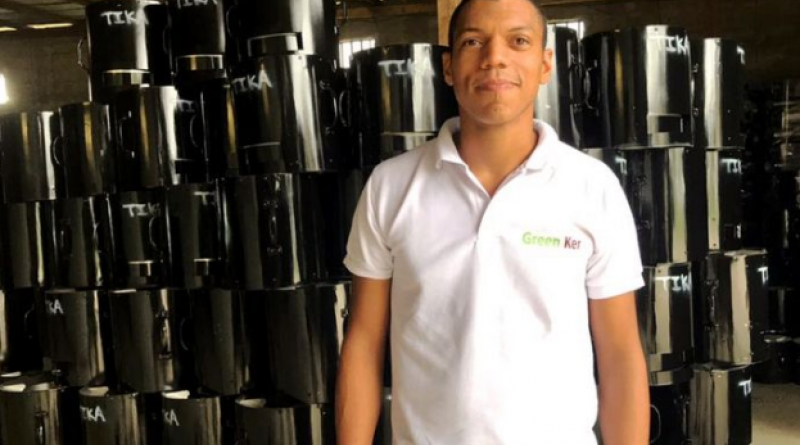
A clutch of university degrees could have led to a cosy job in Paris. Instead, Ermann Zannou decided he could do more by living closer to the country of his birth, Benin. So he set up Green Ker in Abidjan. Now, his stainless steel stoves are saving lives.
In a large workshop located in Ivory Coast’s economic capital, Abidjan, Ermann Zannou leads a team that produces dozens of ecologically-friendly stoves every day.
The stoves, which weigh around 2.5 kg, are not only easy to carry but are also far more fuel-efficient than the regular wood-and-charcoal-burning stoves found in both cities and countryside,m in the region. That means less wood or charcoal is burned, reducing not only greenhouse gases (and the cutting down of trees to make that charcoal) but also the unhealthy smoke that causes thousands of premature deaths every year.
Each stove is meticulously fabricated by hand, by an experienced team of workers. Once finished, the product is stockpiled, awaiting delivery to buyers.
The design forces fuel to concentrate and combust at the center of the stove, reducing smoke emissions.
“We started with clay and metal and the models evolved little by little to arrive at stoves made of galvanized sheets, which therefore makes it possible to have lighter stoves, more resistant to bad weather for the exterior galvanized side and more resistant to fires with a stainless steel access to the hearths,” explained Zannou, 31.
Zannou started Green Ker in 2015 and today the enterprise employs 14 people full time, with an eye to further expansion.
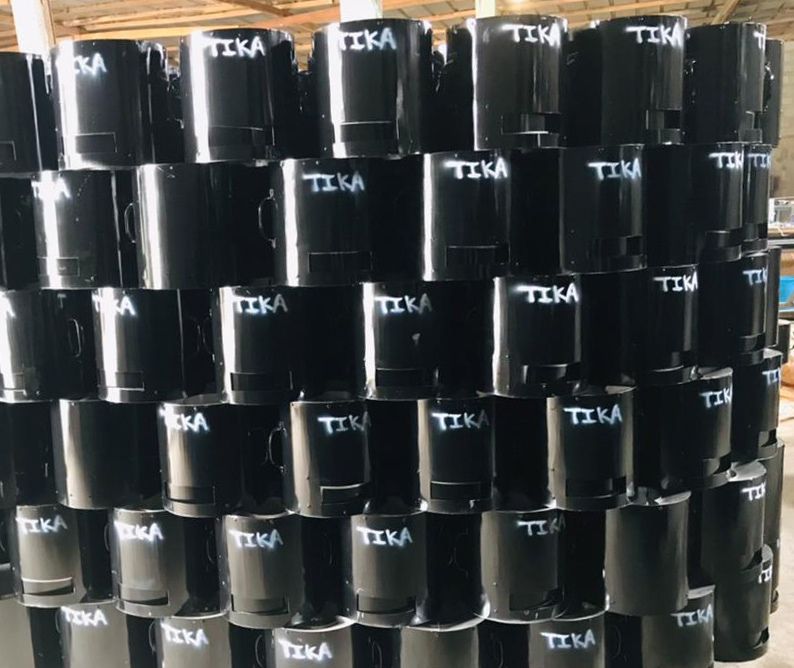
“We produce improved solutions from charcoal and wood stoves to meet household consumption of wood and charcoal for people living more specifically in rural areas,” Zannou said.
The Tika 30 charcoal stove takes its name from the diameter of the furnace (30cm), making it useful for heating cooking pots. It requires a minimal amount of charcoal to heat and has a very simple heat-regulating system – just open or close the small door that provides access to the interior of the stove.
“In the beginning, we made the old Tika models with clay inside the fireplaces, but customer feedback did not meet our expectations… with the new models, made essentially from metal, the results are satisfactory because these fireplaces withstand high heat temperatures while guaranteeing a substantial lifespan,” Zannou explained.
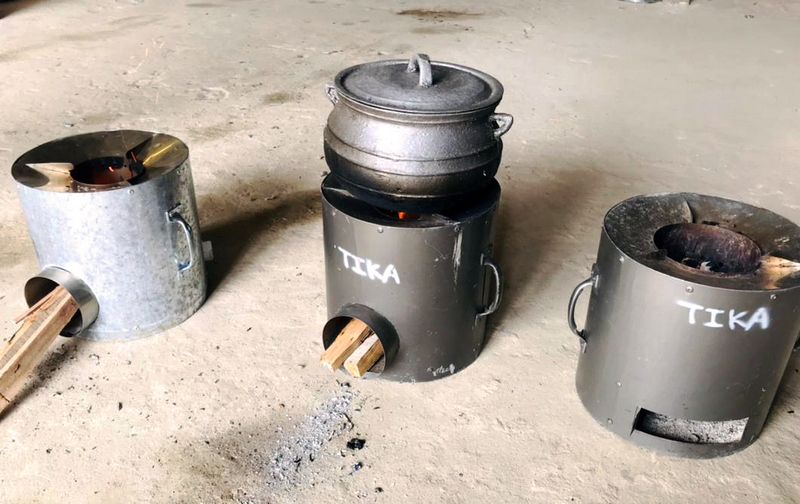
The stove has proven hugely popular in Ivory Coast and Zannou is battling to keep up with demand. Green Ker can only produce 100 stoves per day and all are snapped up, with prices ranging from 20 US dollars to 36 US dollars per unit. That may sound cheap for a stove but for millions in rural communities, without access to electricity and who have to be careful about every piece of charcoal, the stove is a significant investment. Even if that’s a high price for many, however, a healthy life is hard to put a price on.
11 November 2021
trueafrica.co

